Introduction to Barbecue Charcoal Production Lines
The barbecue charcoal production line is a comprehensive solution designed to transform various organic materials into charcoal, a staple for cooking and heating. This production line is a convergence of equipment and technology, tailored to enhance operational efficiency and output for manufacturers.
Types and Applications
Different types of charcoal making machines are available, each catering to diverse processing needs. These machines can handle a variety of biomass materials, such as wood, coconut shells, and bamboo, converting them into valuable charcoal. The versatility of these production lines extends beyond barbecue charcoal, enabling the creation of activated carbon used in water filtration systems.
Operational Features
The charcoal manufacturing equipment within these production lines boasts user-friendly designs for ease of operation. They are engineered to minimize waste, allowing for the processing of multiple forms of biomass. Innovative designs may incorporate systems to recycle smoke from the carbonization process, optimizing fuel use and enhancing the sustainability of the operation.
Materials and Advantages
Constructed with durability in mind, the charcoal production machinery is made from robust materials to ensure longevity and minimal maintenance. The ability to process a wide range of organic materials into charcoal signifies a step towards waste reduction and resource optimization.
Eco-Friendly Solutions
Eco-conscious manufacturers will find that many charcoal production units are designed with the environment in mind. These units often feature mechanisms that reduce the carbon footprint of charcoal production, aligning with ecological standards and sustainability goals.
Choosing the Right Production Line
Selecting the appropriate barbecue charcoal machine is crucial for operational success. Prospective buyers can choose from various sizes and capacities to match their production requirements. The right selection ensures an efficient workflow, contributing to a more streamlined production process.

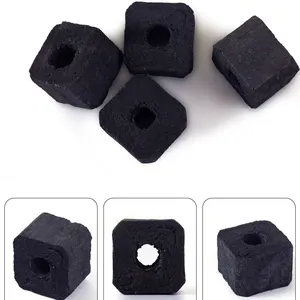









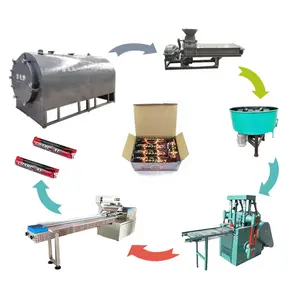












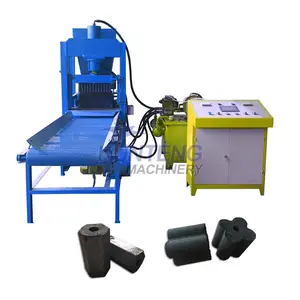
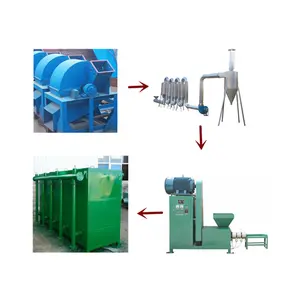


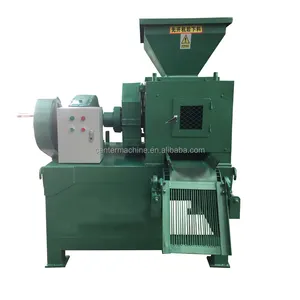





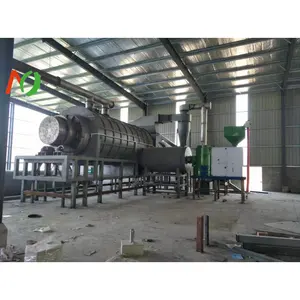






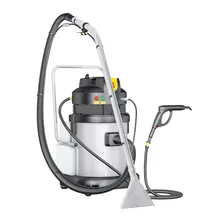



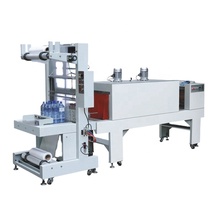


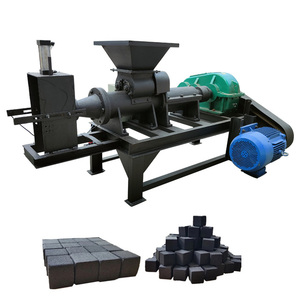
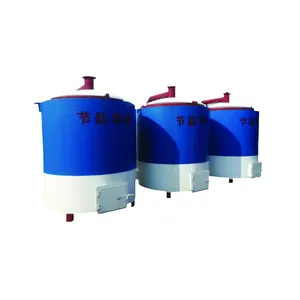


























 浙公网安备 33010002000092号
浙公网安备 33010002000092号 浙B2-20120091-4
浙B2-20120091-4